
Gut Health and Skin: The Hidden Link to Clearer Skin
The gut and skin may seem separate entities, but experts suggest they are intimately connected. Gut health plays a significant role in determining the health and appearance of our skin. An imbalance in gut bacteria, inflammation in the gut, issues with nutrient absorption, and a compromised immune system can all manifest as skin conditions like acne, eczema, psoriasis, and rosacea.
Understanding the gut-skin axis and improving gut health can be the hidden key to clearer, healthier skin from within. This article will explore the fascinating relationship between our gastrointestinal system and skin, the most common skin issues linked to poor gut health, and actionable tips one can implement through diet, lifestyle and skincare to transform their skin by optimising the gut microbiome.
What is the Gut-Skin Connection?
The gut microbiome, comprising over 100 trillion bacteria that line our gastrointestinal tract, is our “second brain”. This bustling community of microbes profoundly influences our immunity, inflammation levels, hormone regulation, nutrient absorption, detoxification, and even mental health through the gut-brain axis.
Emerging research now clearly establishes that the health of our gut microbiome also determines the health and appearance of our largest organ – the skin. This is known as the ‘skin and gut health axis'.
The gut microbiome and skin communicate via multiple pathways in our body:
- Inflammation: There is a clear link between gut bacteria and skin health. Imbalances in gut bacteria can trigger systemic inflammation, exacerbating inflammatory skin conditions like acne, eczema and psoriasis.
- Nutrient Absorption: The gut microbiota is key in absorbing vital nutrients required for skin health and regeneration, such as zinc, omega-3s, and antioxidants.
- Immune System: Over 70% of our immune system resides in the gut. When the gut microbiome is compromised, immune responses in the skin are also altered, making skin disorders more likely.
How Gut Health Affects Skin
There are three primary ways in which the state of our gastrointestinal tract impacts skin health:
- Inflammation: Inflammation is at the root of most chronic diseases, and inflammatory skin conditions are no exception. Acne, eczema, psoriasis and dermatitis are all driven by inflammation.
Emerging studies reveal that imbalances in gut bacteria (dysbiosis) and impairment of the gut lining activate inflammatory pathways in the body and raise overall levels of inflammation. This systemic inflammation then travels through the bloodstream and manifests as flare-ups of inflammatory skin disorders.
- Nutrient Absorption: Our gut microbiota plays a starring role in the breakdown and absorption of skin-health nutrients like Vitamin A, Vitamin D, Vitamin C, Zinc, Omega 3s, and antioxidants from our diet.
When gut dysbiosis or intestinal permeability (leaky gut) is present, it impairs proper absorption of these nutrients, causing potential deficiencies. Deficiencies in key micronutrients can manifest in skin conditions like acne, dermatitis, eczema, dry skin, premature ageing and hyperpigmentation.
One can try The Pink Foundry's Brightening & Exfoliating Vitamin C Daily Face Wash for gentle exfoliation and inhibition of melanin synthesis.
- Immune System: Did you know that over 70% of our immune system resides in our gut? The gut microbiome heavily influences immune responses in the body. When dysbiosis is present, it compromises gut immunity and triggers inflammation through a “leaky gut'. This makes skin more vulnerable to pathogens, allergens and toxins.
Additionally, certain beneficial gut bacteria produce antimicrobial compounds and train immune cells to recognise pathogens – adding to our systemic immunity. When these bacteria are depleted, our immunity suffers, leaving skin prone to infections, warts and cold sores.
Gut Health and Common Skin Issues
There is a clear link between gut health and skin issues. Let us examine some of the most common skin conditions connected to poor gut health:
- Acne: Acne is the most extensively studied skin condition linked to the gut microbiome. Multiple studies demonstrate that acne patients host a very different profile of gut bacteria compared to clear-skinned individuals. This is marked by higher levels of P. acnes strains and lower levels of beneficial bacteria like lactobacilli and bifidobacteria.
This imbalance in gut flora causes increased systemic inflammation, insulin resistance, compromised immunity against skin pathogens like P. acnes, and altered hormone signalling, all of which trigger acne outbreaks. Correcting gut dysbiosis and leaky gut through probiotics, prebiotics, and a healthy diet has been found to significantly improve acne.
- Eczema and Psoriasis: Eczema and psoriasis are inflammatory skin conditions driven by an overactive immune system and inflammation. Research reveals that infants with eczema host very different gut bacteria compared to healthy infants, marked by lower microbial diversity. The gut bacteria from infants with eczema are also found to cause skin inflammation when transplanted into mice.
Similarly, psoriasis patients demonstrate significant alterations in gut microbial composition with lowered bacterial diversity. Researchers speculate that the distorted gut microbiome drives systemic inflammation through the gut-skin axis, causing eczema and psoriasis flare-ups.
- Rosacea: Rosacea is an inflammatory skin disorder that causes facial redness, bumps, pustules and visible blood vessels. What's fascinating is that those with rosacea are also much more likely to have Small Intestinal Bacterial Overgrowth (SIBO) in their gastrointestinal tract.
SIBO occurs when excessive bacteria populate the small intestine, producing gas, bloating, and inflammation. This inflammation then spreads through the body, aggravating facial redness and dilated blood vessels associated with rosacea. By treating the underlying SIBO, rosacea symptoms have improved significantly.
Also read: Understanding Rosacea Skin: Causes, Symptoms, and Effective Treatment
Steps to Improve Gut Health for Healthier Skin
When it comes to your skin, remember that beauty really does start from within! Follow these gut health tips for more transparent, more radiant skin:
- Dietary Changes: Supporting the growth of healthy gut flora is key. Increase the intake of prebiotic fibres from foods like onions, garlic, apples, bananas and greens, which act as fertilisers for good bacteria. Consume more fermented foods like yoghurt, which contain beneficial probiotics. Stay away from processed foods and sugars, which can compromise gut health.
- Hydration: Hydration supports every function in our body, including healthy digestion, nutrient absorption in the gut, and skin cell regeneration and elasticity. Aim for 2-3 litres of fluids daily from water, herbal teas and diluted fruit juices.
- Stress Management: Due to the gut-brain-skin connection, stress can wreak havoc on gut health and skin. Chronic stress alters gut microbiota, triggers inflammation, and exacerbates skin trouble. Actively manage stress through yoga, meditation, journaling, and other relaxation techniques. Get 7-9 hours of sleep in the night.
- Exercise: Regular exercise improves gut motility, the production of beneficial short-chain fatty acids in the gut, gut immunity, and microbial diversity, all of which benefit the skin. One can aim for 30-45 minutes of activity like brisk walking, swimming, or strength training most days of the week. Yoga and Pilates are great, too.
Also read: Link Between Your Diet and Acne: Foods that Causes Acne
How You Can Help Your Skin Stay Healthy
In addition to optimising your gut health, it is equally important to support skin health topologically. Consistency is key to an effective skincare routine. Cleanse the skin daily with a gentle cleanser suited to your skin type, exfoliate 2-3 times a week to remove dead skin buildup, moisturize skin while it's still damp, and use targeted serums with skin-loving ingredients like retinol, vitamin C, and hyaluronic acid. The Pink Foundry's Super Clarifying 12% Niacinamide Face Serum can be used for clear, blemish-free, and healthy skin.
Protect the skin daily with an SPF 30+ broad-spectrum sunscreen, even when indoors. Limit hot showers, which strip the skin's natural moisture barrier. Stay hydrated and avoid inflammatory foods, which can worsen skin conditions. Manage stress and get enough sleep nightly.
Conclusion
There is no denying the intimate connection between our gut and skin health. Optimising one's gut microbiome and reducing inflammation are invaluable in achieving clear, healthy skin from within.
Improve gut health while taking care of the skin externally with a consistent routine and skin-nourishing ingredients. When gut health and skincare work synergistically, you will be rewarded with glowing, vibrant, and resilient skin.
FAQs
Can gut health affect my skin?
There is a proven skin gut connection. Imbalances in gut bacteria, inflammation in the digestive tract, impaired nutrient absorption and compromised immunity can all trigger issues like acne, eczema and premature skin ageing. Optimising gut health is essential for clear skin.
What skin conditions are linked to gut health?
Poor gut health can cause acne, eczema, psoriasis, rosacea, dermatitis, dry skin, hives, accelerated skin ageing, and dull skin. The gut microbiome is crucial in managing skin inflammation, sensitivity, hydration, and regeneration.
How can I improve my gut health for clearer skin?
Follow a gut-healthy diet high in fibre, fermented foods, and probiotics while avoiding processed foods and sugars. Stay hydrated, manage stress, exercise, take targeted supplements like probiotics and zinc, and consider working with a medicine practitioner for testing and personalised guidance.
Is gut health important for acne prevention?
Experts link imbalanced gut bacteria and leaky gut to inflammatory acne. Optimising your gut microbiome can help prevent acne. Beneficial bacteria like lactobacilli even help control P. acnes bacteria, which drive acne.
Can probiotics improve my skin?
Studies have found that high-quality probiotic supplements significantly improve skin health, especially in inflammatory skin conditions like acne, eczema, and dermatitis. Look for evidence-based strains like Lactobacillus and Bifidobacterium. Fermented foods contain probiotics, too. Work with a practitioner to customise your dosage and strains based on your health status.







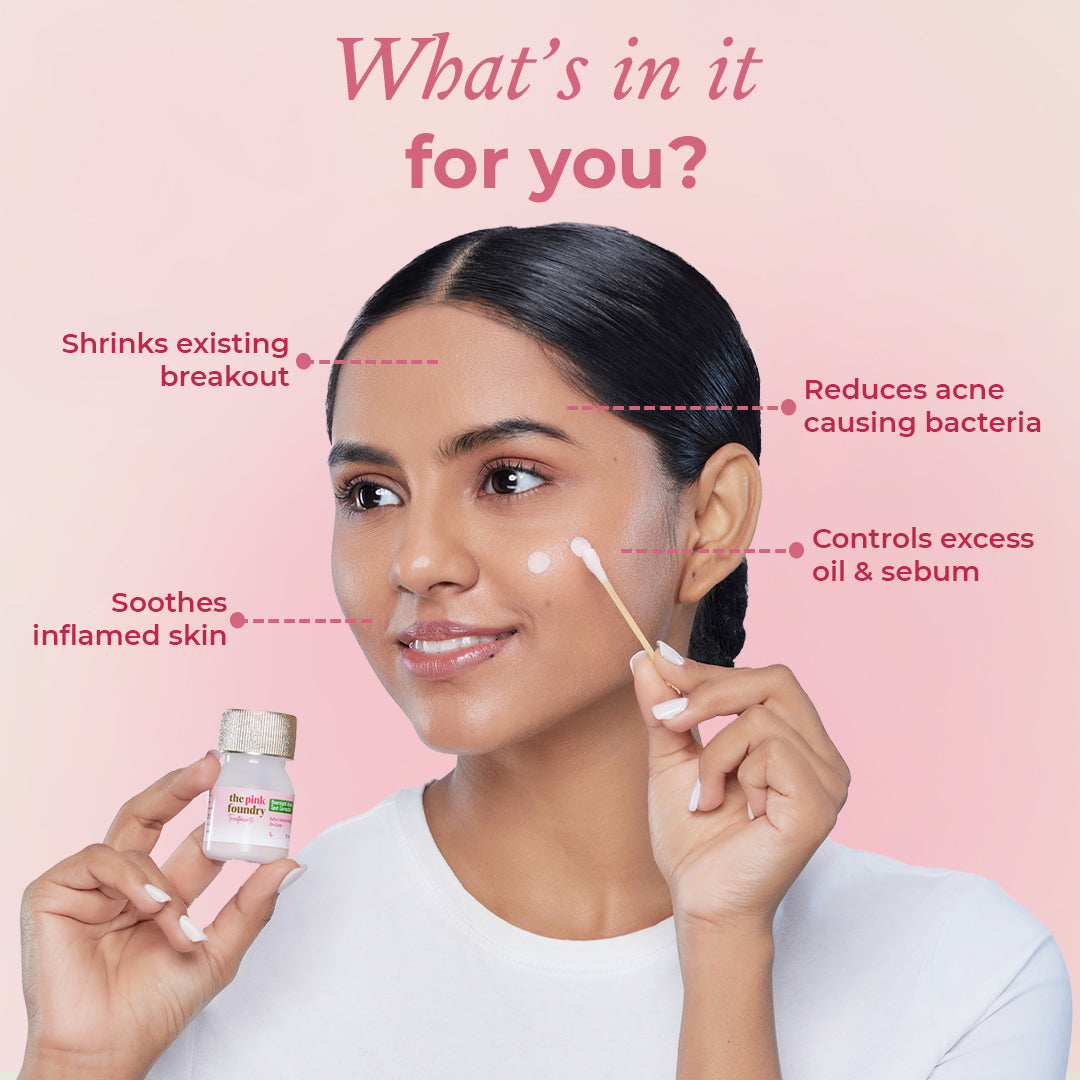

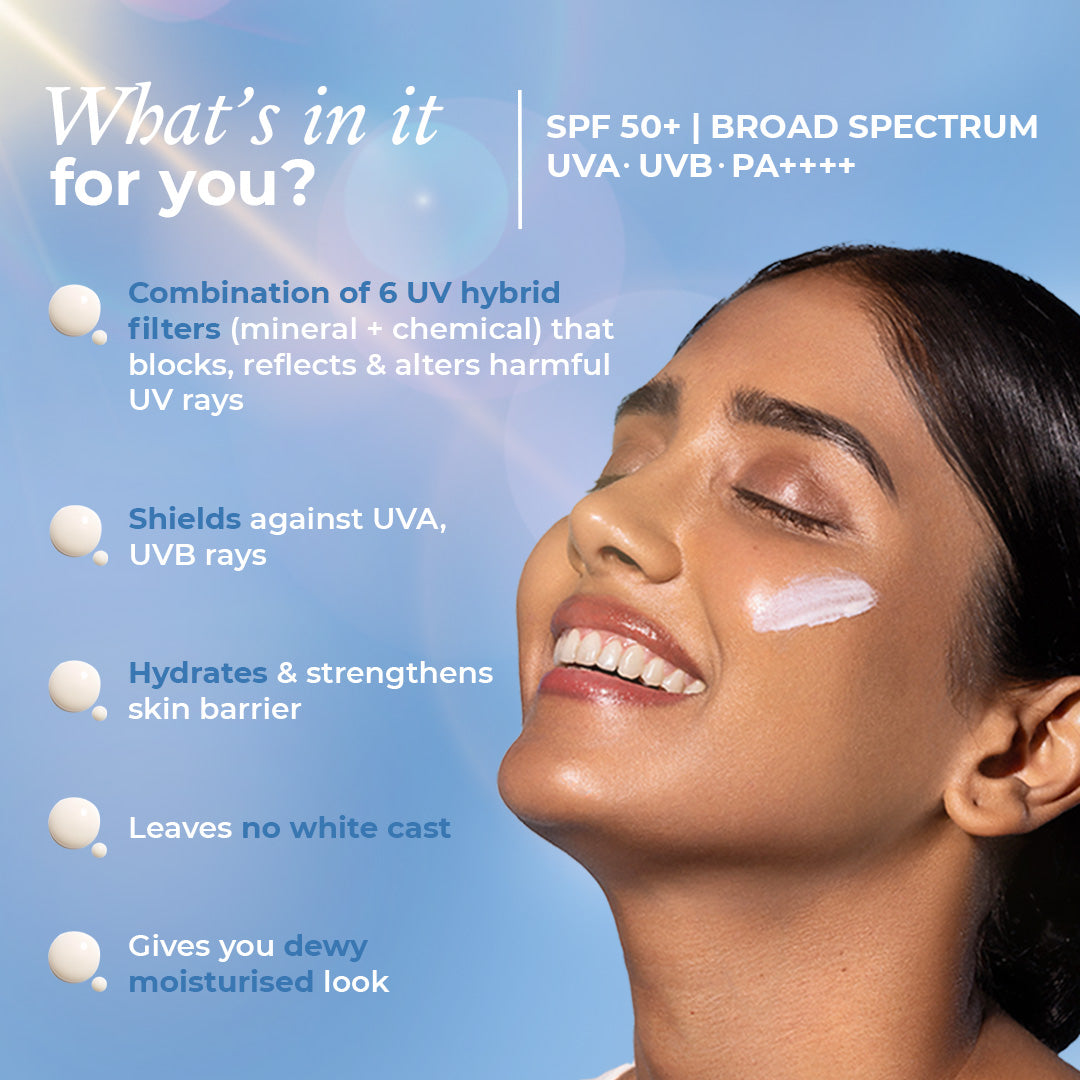


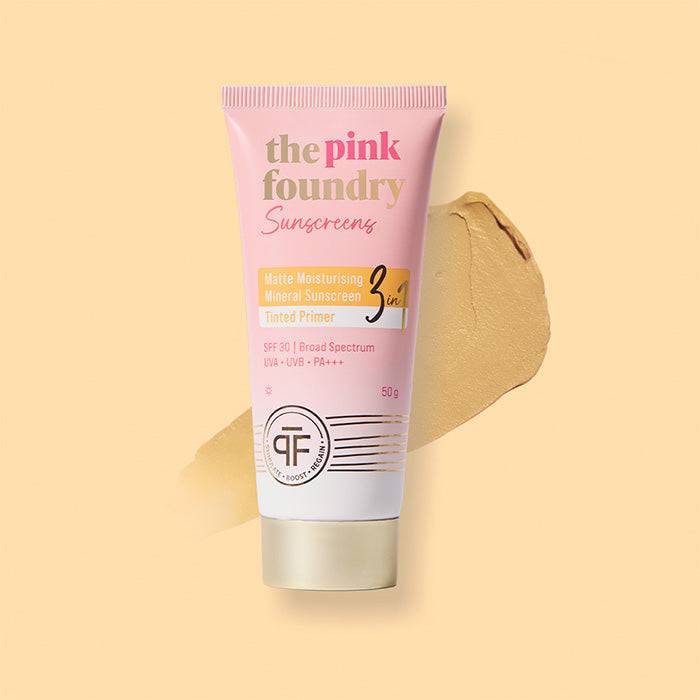
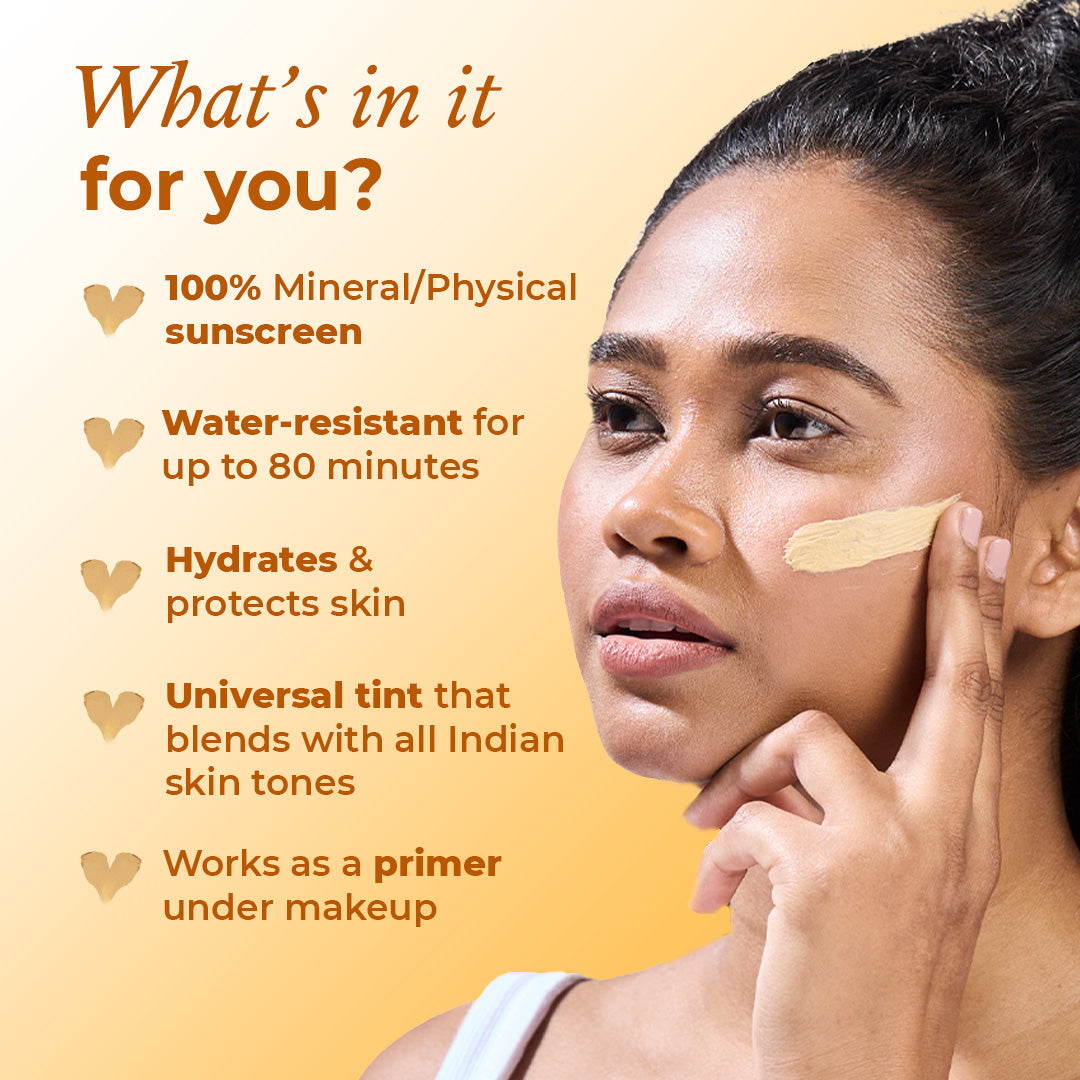



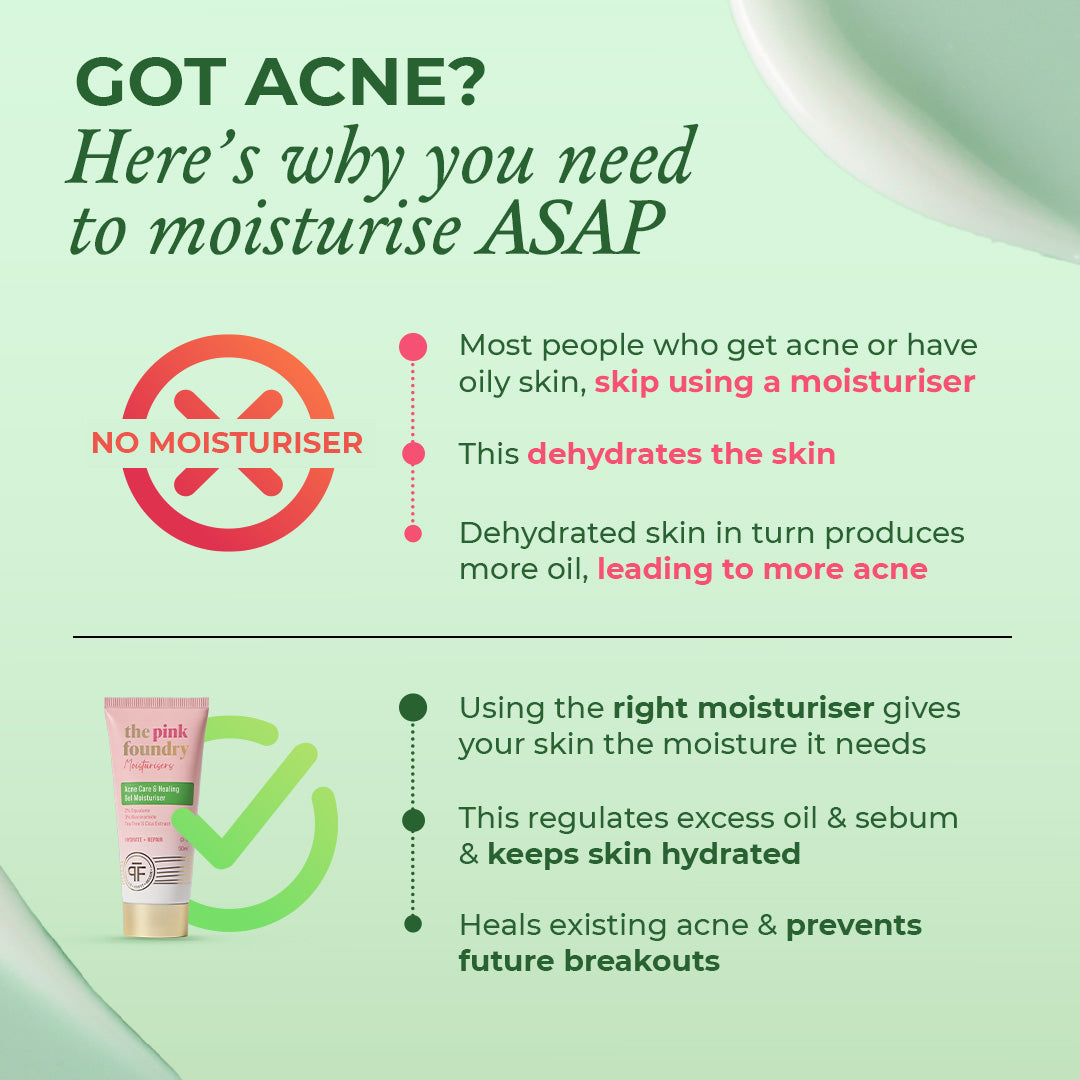
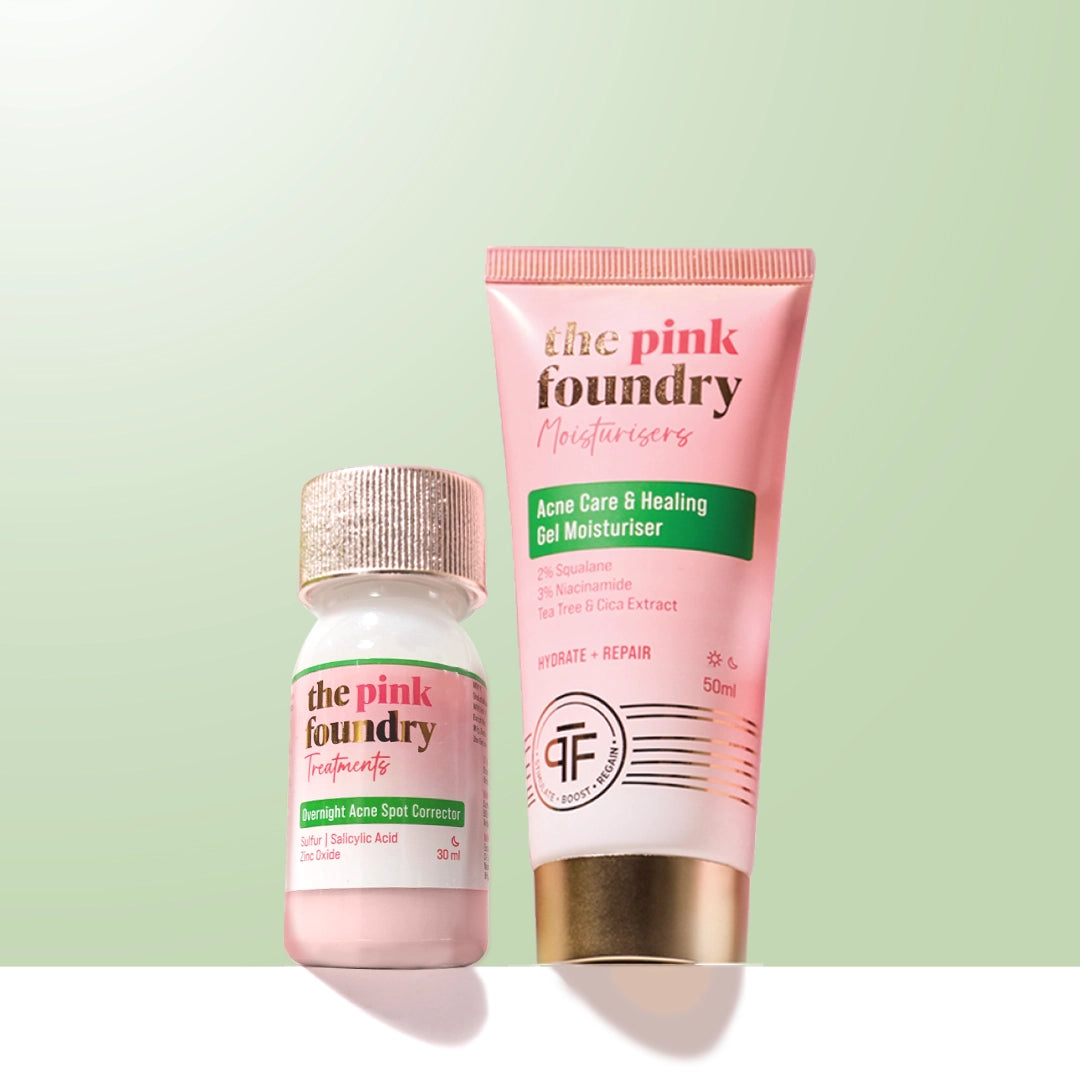
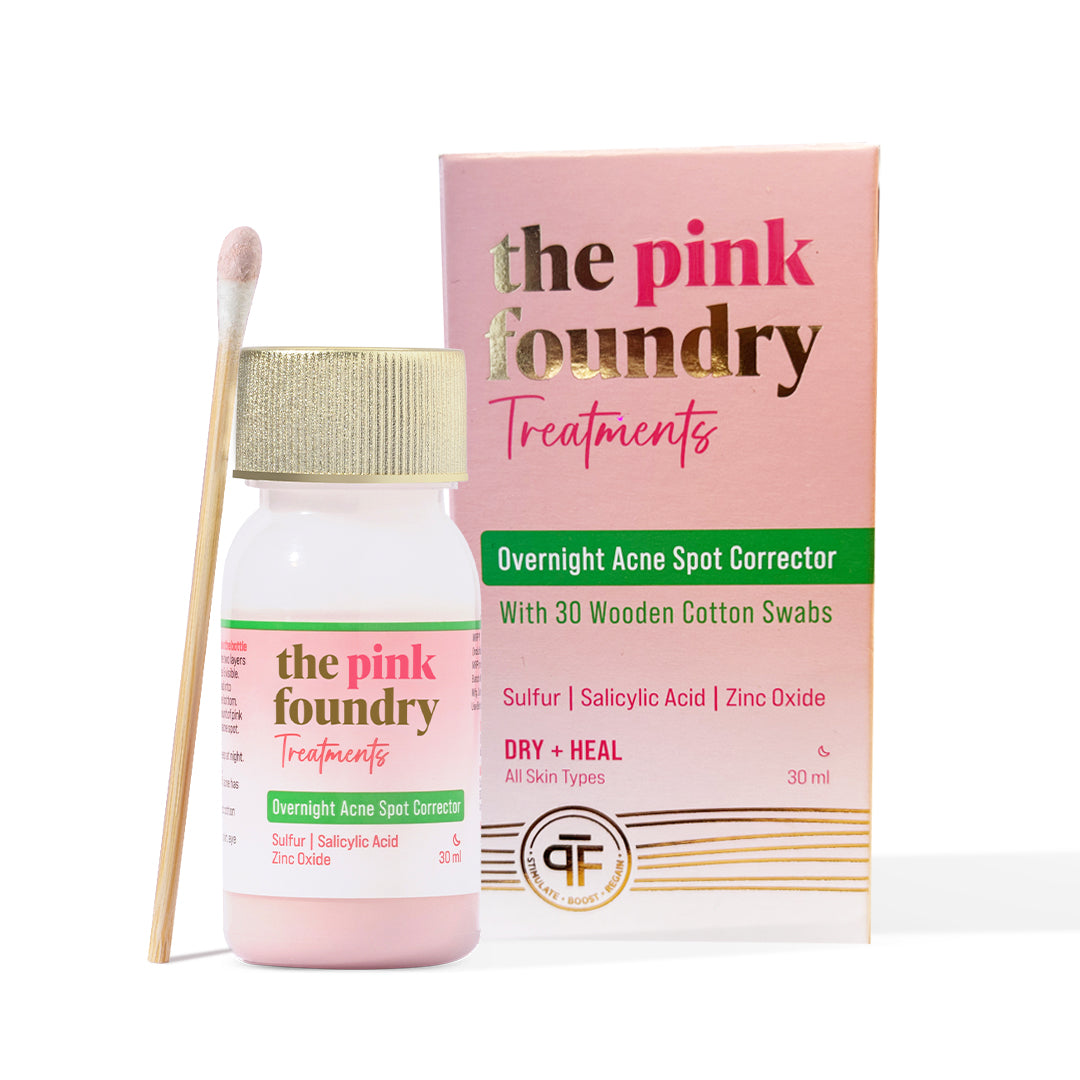
Leave a comment
This site is protected by hCaptcha and the hCaptcha Privacy Policy and Terms of Service apply.